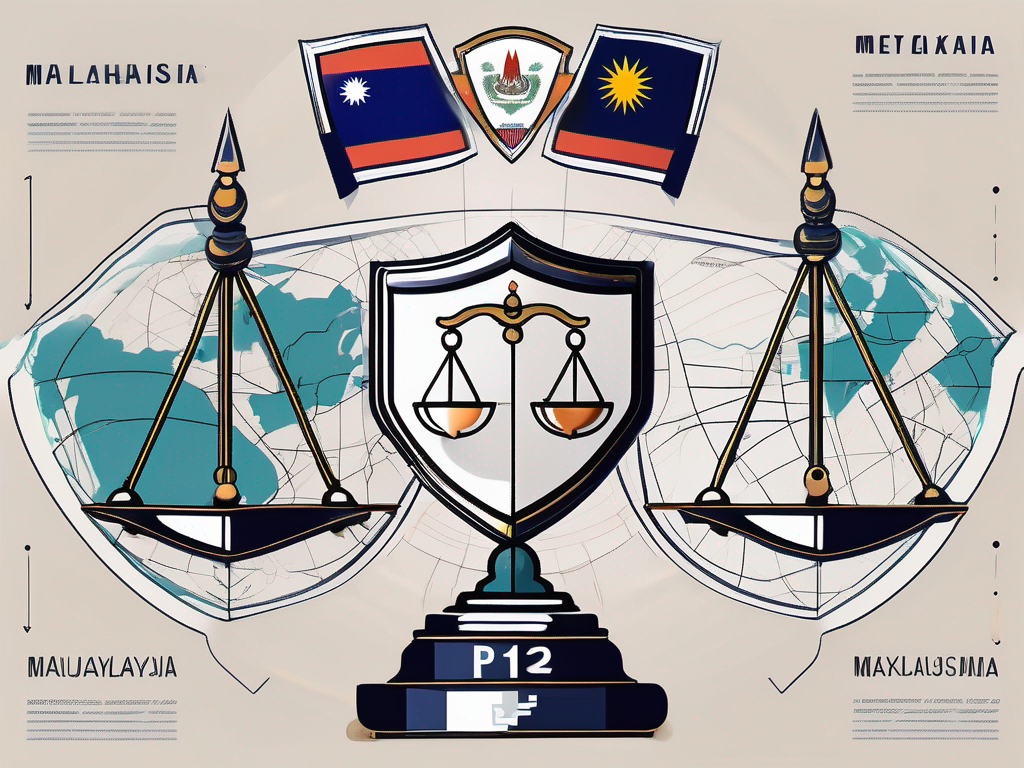Overview of Banking and Financial Services Regulations in Malaysia
Contents
In Malaysia, the regulatory framework governing banking and financial services is robust and dynamic, reflecting the country's commitment to fostering innovation and ensuring financial stability. Key regulatory bodies overseeing this sector include the Central Bank of Malaysia (BNM) and the Securities Commission Malaysia (SC), with each having distinct roles and responsibilities.
Focus on Payment and Fintech Regulations
The Malaysian government recognizes the importance of fintech innovation and technology advancement in driving economic growth. Both conventional and Islamic financial activities related to banking, investment banking, insurance, money changing, remittance, and payment systems are regulated by BNM under the Financial Services Act (FSA) and the Islamic Financial Services Act 2013 (IFSA).
For fintech ventures engaging in activities such as banking, investment banking, insurance, or payment services, obtaining the necessary licenses from BNM is mandatory. This includes licenses for digital banks, e-money issuers, and payment system operators. The licensing process entails compliance with BNM guidelines, covering aspects like capital requirements, governance standards, and consumer protection measures.
Who Are the Regulators
BNM is the principal regulator overseeing banking, payment systems, and digital currency activities, while the SC regulates capital market activities and intermediaries. Both regulators issue guidelines, circulars, and standards to ensure compliance with regulatory requirements and promote market integrity.
Key Laws and Activities Covered
The main laws governing banking and financial services in Malaysia are the
- Financial Services Act 2013
- Islamic Financial Services Act 2013
- Capital Markets and Services Act 2007
- Money Services Business Act 2011
- Anti-Money Laundering, Anti-Terrorism Financing and Proceeds of Unlawful Activities Act 2001 (Act 613)
These laws cover a wide range of activities, including banking operations, investment activities, insurance, payment systems, and digital currency transactions.
Money Services Business Act 2011
The Money Services Business Act 2011 (MSBA), effective on December 1, 2011, governs the licensing, regulation, and supervision of the money services business industry in Malaysia. This industry encompasses money changing, remittance, wholesale currency businesses, and related activities.
The MSBA aims to modernize and enhance the money-changing and remittance business, making it more competitive and professional while bolstering measures against money laundering, terrorist financing, and other illicit activities. Under the MSBA, Bank Negara Malaysia (BNM) has the authority to regulate the industry by issuing regulations, guidelines, circulars, standards, and notices. BNM is empowered to compound or prosecute any individual contravening the MSBA and can issue directives or take administrative and civil actions against violators.
Anti-Money Laundering, Anti-Terrorism Financing and Proceeds of Unlawful Activities Act 2001 (Act 613)
Anti-Money Laundering and Counter Financing of Terrorism (AML/CFT) measures are stringent in Malaysia, with the Anti-Money Laundering, Anti-Terrorism Financing and Proceeds of Unlawful Activities Act 2001 (AMLA) serving as the primary legislation. The AMLA 2001 addresses money laundering, terrorism financing, and related offences. It outlines measures for prevention, investigation powers, and forfeiture of assets involved in these crimes. Reporting institutions, including financial institutions and designated non-financial businesses and professions, are mandated to fulfil obligations to prevent money laundering and terrorism financing.
The AMLA fosters collaboration among various agencies, defining the roles and functions of the competent authority, enforcement agencies, and supervisory and regulatory authorities. Bank Negara Malaysia (BNM) is appointed as the competent authority under this Act, overseeing the enforcement of obligations by reporting institutions. BNM's Financial Intelligence and Enforcement Department carries out its functions as the competent authority, ensuring compliance and facilitating enforcement efforts under the AMLA.
Malaysia's banking and financial services regulations prioritize innovation, financial stability, and consumer protection. With a clear regulatory framework, comprehensive licensing requirements, and robust AML/CFT measures, Malaysia offers a conducive environment for fintech growth while ensuring the integrity and security of its financial system.
Related Posts
Time to reform your compliances
Kickstart your journey by exploring our products or book a demo with us.




